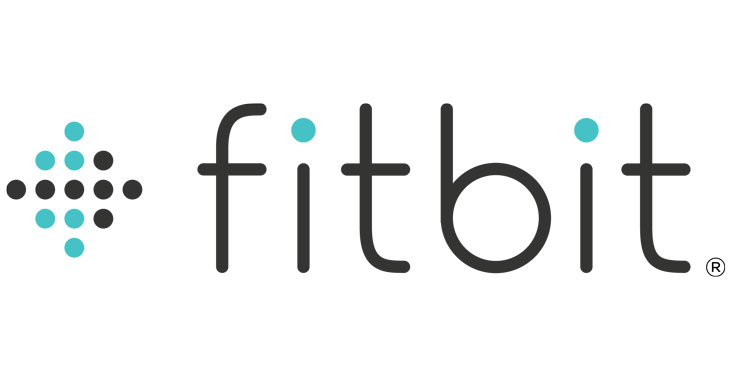
FitBit Fitness Trackers
Allegations: Misleadingly marketing that fitness trackers are capable of measuring blood oxygen levels when they do not provide accurate measures
A false advertising class-action lawsuit was filed against Fitbit in February 2016. According to the complaint, the company deceptively markets the Charge HR and Surge wristband activity trackers with PurePulse™ Heart Rate technology as providing users with accurate heart rate data during high-intensity workouts and training sessions when, in reality, the devices do not accurately record heart rates during intense workouts. (Landers et al v. Fitbit, Inc., Case No. 16-cv-777, N. D. CA.)
For more information about other class-action lawsuits filed against Fitbit and TINA.org’s coverage of the company, click here.
Allegations: Misleadingly marketing that fitness trackers are capable of measuring blood oxygen levels when they do not provide accurate measures
What consumers should know about software tethering.
